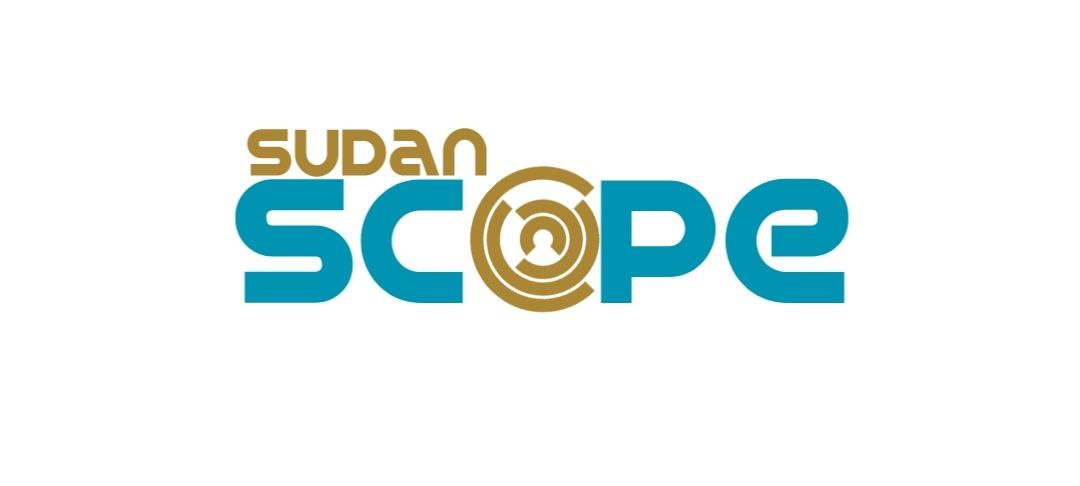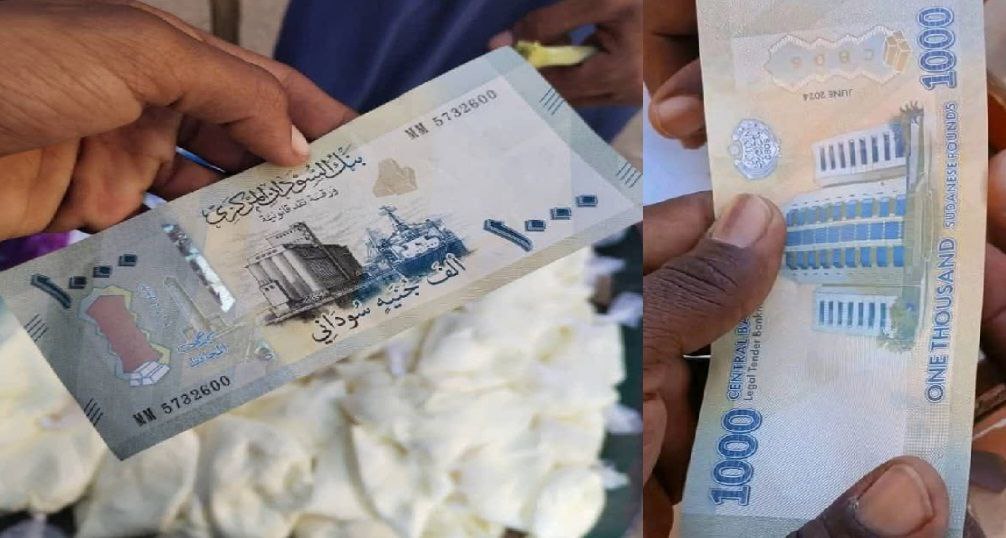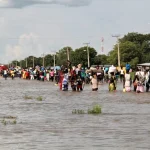This policy paper seeks to address these challenges and chart a pathway to recovery. Presented as a series of consecutive episodes, the paper explores actionable solutions to rebuild Sudan’s economy, restore political stability, and guide the nation toward a sustainable, inclusive future.
The conflict that erupted in Sudan on April 15, 2023, has caused a devastating humanitarian crisis and severe economic fallout. Essential goods have become unaffordable for many, with prices surging due to supply shortages, driving inflation to triple-digit levels. The Sudanese pound has lost half its value against the U.S. dollar, and real economic growth is projected to decline by 20–25 percent in 2024. Twin deficits are expected to reach unsustainable levels, further deepening the economic crisis.
The war has inflicted over $100 billion in damages, leaving Sudan’s economy severely depressed. Recovery and rehabilitation require urgent international cooperation, financial aid, and a clear roadmap to rebuild infrastructure, restore basic services, and support displaced populations. Ending the war and implementing strategic reforms are critical to stabilizing the economy, addressing humanitarian needs, and reintegrating Sudan into the international community.
The paper emphasizes the importance of leveraging digital technologies, such as mobile money, to deliver aid efficiently. It advocates for a new social contract grounded in good governance, transparency, and equal opportunities for all Sudanese citizens. Priorities include reforming state-owned enterprises (SOEs) to mitigate fiscal risks, enhancing governance of natural resources to combat illicit trade, and fostering private sector growth.
Economic recovery and political stability are interlinked, requiring civilian control over the economy and comprehensive reforms. The path to rebuilding Sudan lies in fostering inclusive development, sustainable growth, and a peaceful, democratic transition that benefits all Sudanese people.
Path Forward: Key Policy Recommendations
Comprehensive Reforms: Address the deepening economic contraction by prioritizing macroeconomic stability, governance improvements, and human capital development.
Inclusive Development: Focus on rebuilding Sudan’s economic foundation with sustainable growth strategies that ensure equitable benefits for all citizens.
Natural Resource Management: Combat illicit gold trade and financial flows that undermine Sudan’s democratic transition by strengthening governance in natural resource management.
Financing Access: Unlock financing through banking sector reforms, debt restructuring, and comprehensive economic strategies.
Targeted Investments: Facilitate recovery by rebuilding critical infrastructure, restoring essential services, and strengthening social safety nets.





